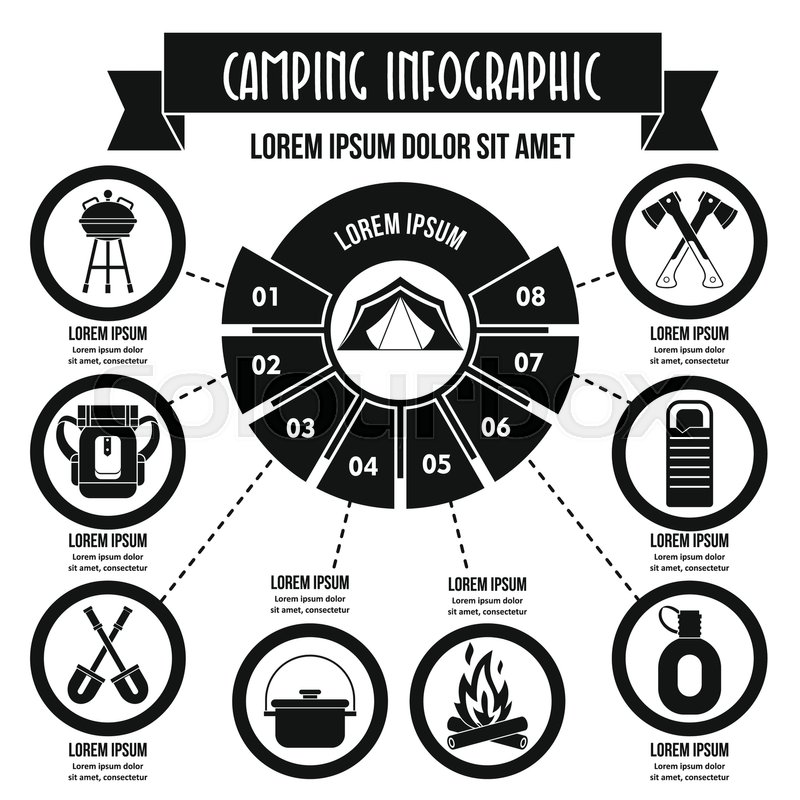Picking the right structure material is crucial for event tents. Whether it's layered steel for budget plan tents or plated light weight aluminum for heavy-duty applications, there are many factors to consider to bear in mind.
Steel frames are common in lower-priced pop-up outdoors tents however are prone to deterioration even with finishes and require routine upkeep. Aluminum is light-weight, naturally withstands corrosion, and holds up well in moist or coastal atmospheres.
Steel
When it comes to making sure the durability of customized outdoors tents, the product used in their frameworks plays an important function. Steel and light weight aluminum alloys both offer costs longevity, however each deals unique advantages that make it ideal for different kinds of settings. Steel is perfect for tough problems, while aluminum master standing up to deterioration and minimizing upkeep expenditures.
When event hosts select the ideal outdoor tents for their needs, they need to take into consideration factors like expected climate condition. For example, frame camping tents usually carry out better in gusty or rainy conditions than pole outdoors tents due to the fact that they don't depend on a main post to sustain the framework. However, the connections between framework items can weaken in high tension circumstances. Recognizing these weak points and performing routine assessments can aid avoid potential damage.
Steel frameworks are tough to cut, weld or shape, which can need specific devices and raise labor prices. In addition, they tend to rust or rust quickly and might require added protection or finishings. In addition, steel is very heavy and can trigger problems when moving a canopy. It's also tough to save for extended periods of time because it uses up more area than light weight aluminum frames.
Light weight aluminum
Light weight aluminum is a popular framework product for cover tents since it's light-weight, rust-resistant, and easy to deliver and establish. It also supplies an extra stable shelter throughout gusty problems than steel frames. Aluminum is less vulnerable to tearing and any kind of damage can be easily fixed, prolonging the life of the outdoor tents. It likewise breathes to reduce condensation and supplies remarkable acoustic insulation to moisten outdoors sound.
The longevity of light weight aluminum structure tents is further enhanced by the natural oxidation residential or commercial properties of the metal. It produces a small oxide layer that shields the surface area from corrosion and spots. Therefore, the long life of a light weight aluminum pop up camping tent can be enhanced also better when the frame is anodized.
Anodized light weight aluminum is more powerful than steel and can hold up against high wind speeds. In addition, the finishing stands up to deterioration and stains, expanding the life expectancy of the outdoor tents. Furthermore, plated aluminum is recyclable and lasting, making it optimal for businesses looking for LEED qualification. The combination of these buildings makes aluminum a much more cost-effective alternative than steel for big, heavy-duty outdoors tents, such as those utilized to accommodate commercial devices and warehouse supply. Steel, on the other hand, is a lot more costly due to the fact that it needs pricey alloys such as nitrogen, molybdenum, and chromium to improve strength.
Iron
Iron structure camping tents typically last approximately 15 years if the best care and upkeep is applied. This consists of on a regular basis cleaning textile and examining steel elements for corrosion and wear. By taking these actions, event hosts can maximize the dependability of their frames and guarantee their continued efficiency in difficult environments.
Steel is an ideal product for building resilient tents, specifically for use in harsh climate condition. It is a solid, durable, and economical material that supplies stability and durability for a variety of applications. Nevertheless, steel is prone to rusting in moist and coastal atmospheres. The enhancement of protective layers and regular upkeep can assist to minimize this risk, however these initiatives increase general upkeep costs.
On the other hand, light weight aluminum is a much more sturdy choice for a custom-made tent because of its all-natural oxidation residential or commercial properties. When plated, light weight aluminum becomes super-strong and as much as 3 times harder than common light weight aluminum alloys. This makes anodized aluminum the second-hardest compound beside ruby (satellites, airplane, and armed forces automobiles all make use tent setup of anodized light weight aluminum). Along with its longevity, anodized aluminum is likewise a lot more immune to rust than steel. These elements make light weight aluminum a superb selection for pop up canopy camping tents and add to their capacity to lug longer service warranties (5, 7, and also life time framework guarantees). Furthermore, aluminum is 1/3 the weight of steel allowing for a much thinner frame design for more customization alternatives and raised toughness.
